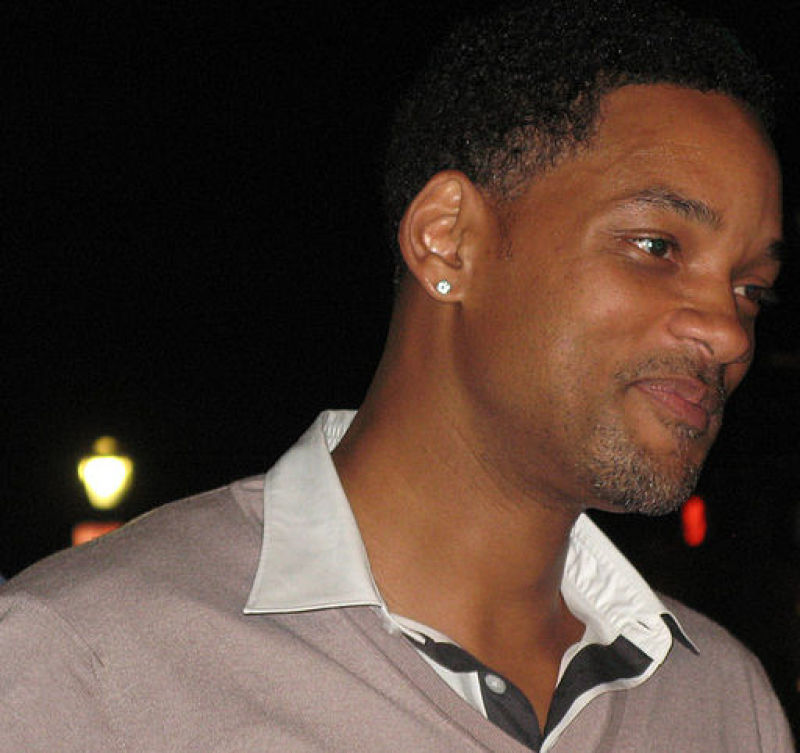
Will Smith was director Quentin Tarantino's first choice to play the lead role in "Django Unchained," but unfortunately, the actor and the helmer did not see eye to eye as far as the "creative direction of the story" was concerned.
"To me, it's as perfect a story as you could ever want: a guy that learns how to kill to retrieve his wife that has been taken as a slave. That idea is perfect. And it was just that Quentin and I couldn't see (eye to eye)," he said during an interview with The Hollywood Reporter.
It was not an easy task for Smith to turn down the role. In fact, he sat down several times with Tarantino just to discuss the movie, and how they could strike up a creative compromise. However, Tarantino was relentless in his vision, and so was Smith.
"I wanted to make that movie so badly, but I felt the only way was, it had to be a love story, not a vengeance story," Smith explained.
Smith had qualms about the film's violent content, and he wanted to highlight the love story of "Django Unchained." He added that he would have done the film if only it were "not a vengeance story."
Smith has some pretty set views about terror and violence, and he even cited the recent Paris terror attacks. According to the actor, the only way to defeat terrorism is to shower the world with love.
"We can't look at what happens in Paris and want to (expletive) somebody up for that. Violence begets violence. I just couldn't connect to violence being the answer. Love had to be the answer," he said.
There was actually a point in Smith's career that he fell out of love with acting, and he had to step back and analyze what he was doing wrong.
"In retrospect, I realize I had hit a ceiling in my talent. I had a great run that I thought was fantastic, and I realized that I had done everything that I could do with the 'me' that I had," Smith observed.
He took a two year hiatus from work, and delved into marriage counseling, improving his fatherhood skills, and reflecting on his inner self.
"I really dived into me," explained Smith, "and then all of a sudden it was like, 'Oh!' And I found the connection. Your work can never really be better than you are, you know? Your work can't be deeper than you are."



















